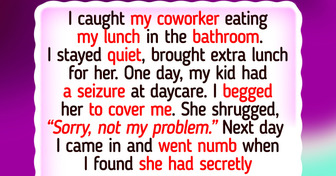Sorry but adopting is the daughter's decision and then she has to make sure that she can handle this and not take it for granted that others will help just because she wants a couple of children. You can't take anything for granted which the daughter apparently does. The daughter has chosen to adopt, so then she has to make sure to fix this... and not rely on her mother to act as a free NANNY.
I Will Never Allow My Daughter to Adopt Children
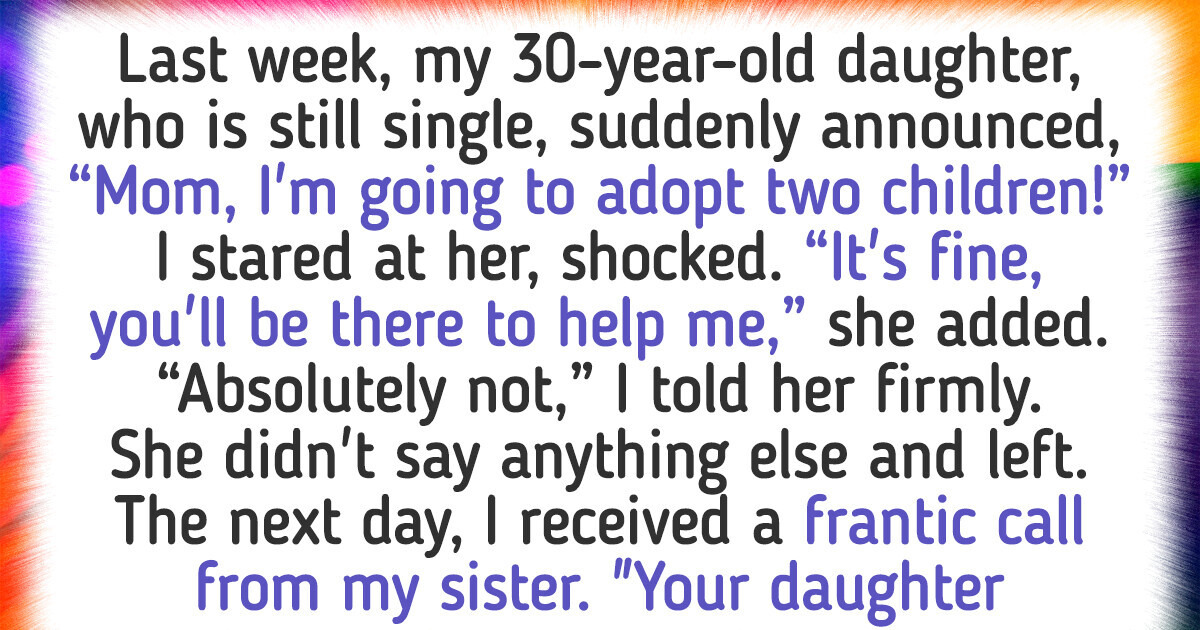
Choosing to adopt a child is a major decision, and one of our readers found herself facing a tough situation. Her daughter expected her to help raise her future children, but she wasn’t on board with the idea. Unsure of what to do, she reached out to us for advice.
Here’s the message she sent:
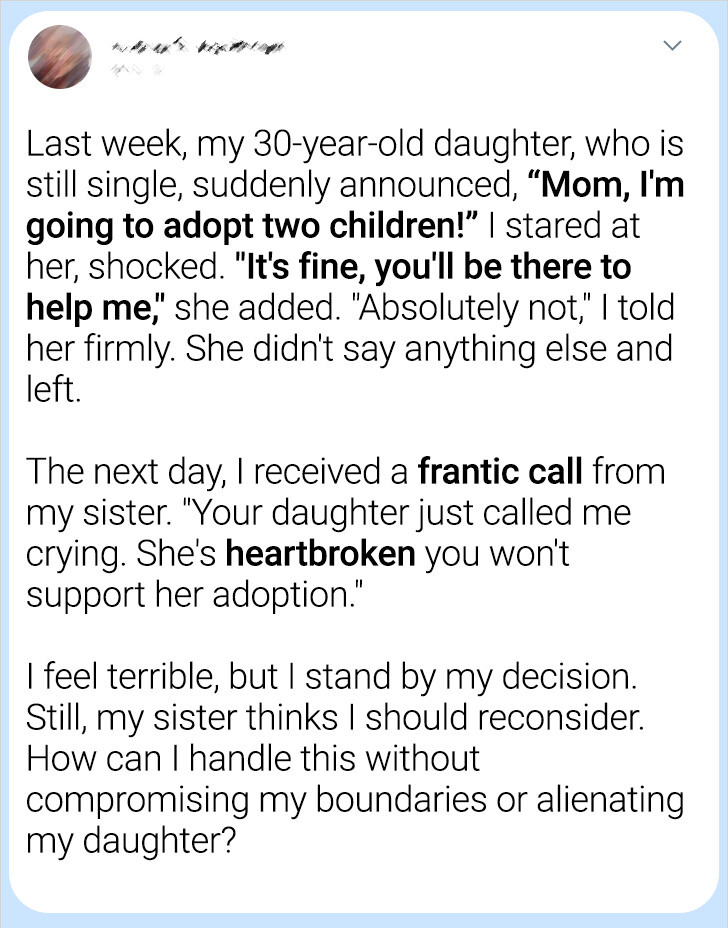
Compromise what boundary exactly. What is it about your adult daughter adopting two children is violating Your boundaries! Hmm, nothing. Your not a good mother to your daughter, she’s asking for your support, not for you to be a baby sitter.
You clearly have comprehension issues. The daughter definitely asked for help, which should have been discussed before the decision to adopt 2 children.
We really appreciate your honesty in sharing your story with us! This is a complicated situation, and we understand how difficult it must be to navigate.
To help, we’ve put together some guidance on how to have a productive conversation with your daughter. With the right approach, you can express your feelings while also maintaining strong family relationships.
Reframe your support in a way that works for you.
Just because you’re not willing to be a co-parent doesn’t mean you have to shut down all involvement. If you’re open to it, let her know the ways you can support her, such as occasional babysitting, offering advice, or being a loving grandparent figure. This way, she understands that your refusal isn’t about rejecting her or her future children—it’s about setting realistic boundaries. Finding a middle ground could help ease the tension between you.
Encourage her to plan practically.
Adopting two children is a massive commitment, and it’s fair to ask if she’s fully prepared for the financial, emotional, and logistical challenges ahead. Let her talk through her plans so she can evaluate whether she’s truly ready. Sometimes, just discussing the practical realities of a decision can give a person new perspective. If she hasn’t thought everything through, she may reconsider her approach.
Avoid ultimatums.
It’s important to make sure your initial “no” doesn’t come across as shutting the door on her completely. Even if you’re firm in your decision, let her know you still want to be part of her life. If she feels rejected, she may pull away entirely, and that could create a deeper rift in your relationship. Instead of treating this as a one-time discussion, keep an open dialogue where she feels safe expressing her thoughts. Over time, she may come to appreciate your perspective rather than feeling alienated by it.
Seek a neutral third party if needed.
If tensions remain high and communication feels strained, it might help to involve a counselor or mediator. A professional can help both of you express your feelings without turning the conversation into a battle of emotions. This isn’t about picking sides—it’s about ensuring you both feel heard and respected. Sometimes, a neutral perspective can bridge gaps that feel impossible to cross alone.
Adoption conflicts are not rare, and Sarah, one of our readers, recently shared her concerns. Her husband wants to take in his young niece, but she doesn’t feel comfortable with the idea. Feeling torn about the situation, she reached out to express her worries. Now, she’s looking for advice on how to handle this delicate family matter.
Comments
Would you have said the same if she wasbpregnant
Related Reads
12 Stories That Prove Our Parents Aren’t Superheroes — But Close Enough
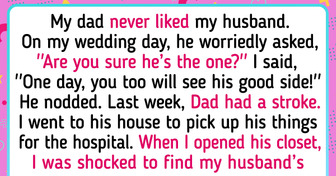
My Friend Uninvited Me From Her Baby Shower Last Minute and Then Got Mad at My Reaction
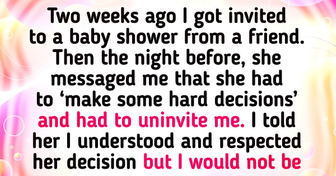
I Saved a Student’s Life After What I Accidentally Saw in His Essay

10+ Logical Riddles That Will Shake Up Your Brain

18 People Who Regret Not Breaking Up With Their Ex Sooner

I Discovered a Strange Phone Recording Me While Getting Dressed in My Closet
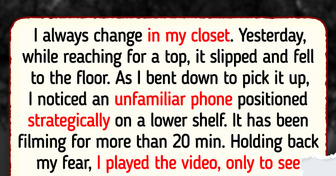
17 Stories About Mothers-in-Law Who Are Full of Surprises

My Husband’s Behavior After Our Baby’s Arrival Drove Me to the Edge, My Revenge Was Sweet

8 Principles of Raising a Girl That Can Help Her Reach All Her Goals, Despite Outdated Stereotypes

10 Stories Where Kindness Made People Human Again
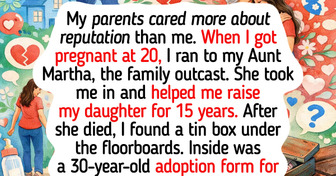
11 Employees Who Proved Kindness Is the Most Powerful Force

12 Times Kindness Ruled in the Office Like a Boss
